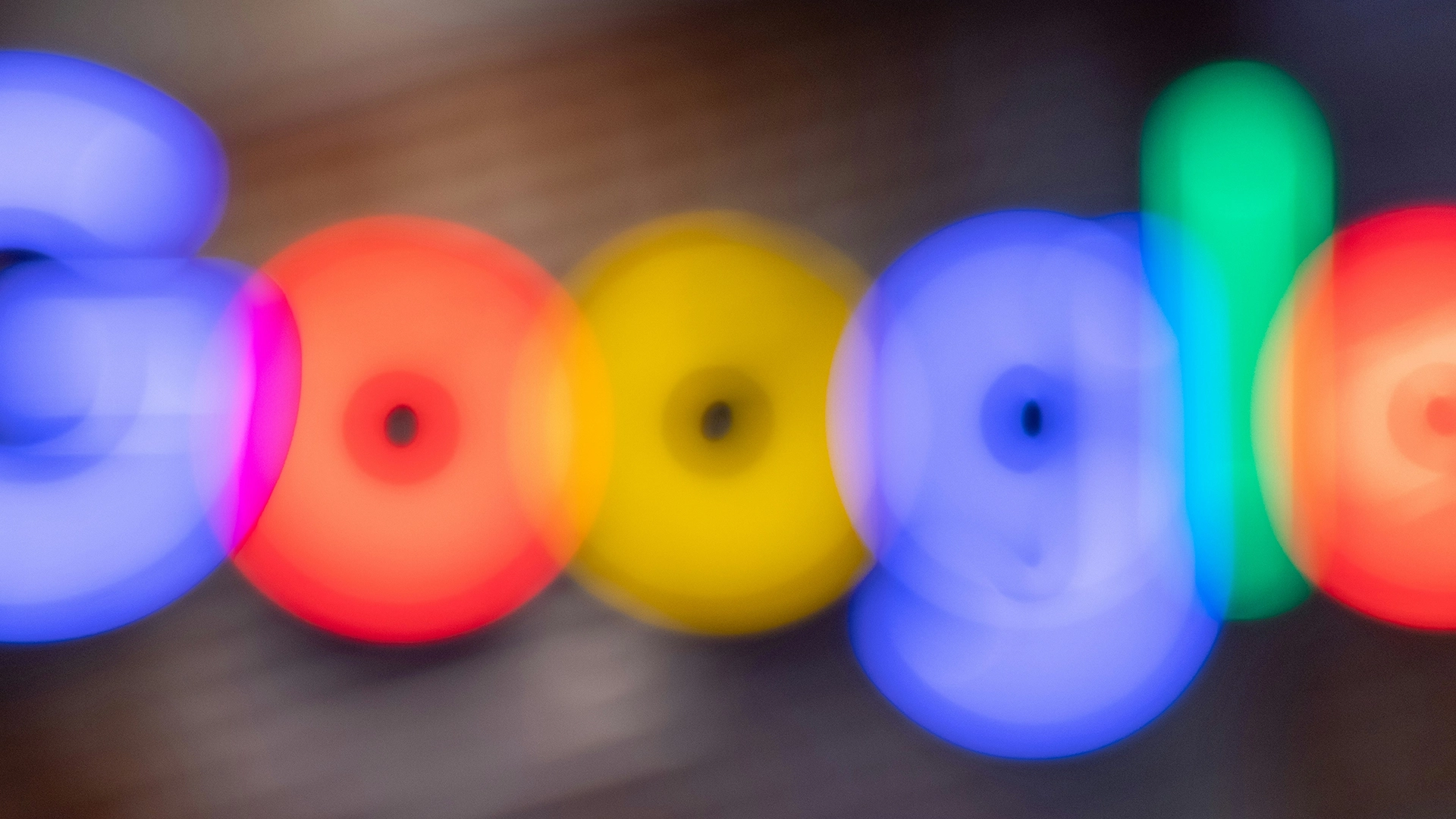
Photo by Mitchell Luo on Unsplash
Google’s AI Overviews Goes Viral Again For Hallucinating Fake Idiom Meanings
Social media users noticed that Google’s AI Overviews feature provides explanations and definitions for fake idioms when they include the word “meaning” after a random phrase. Many of these AI-generated responses have gone viral, sparking laughter among social media users.
In a rush? Here are the quick facts:
- Users on social media noticed Google’s AI Overviews makes up explanations for fake idioms.
- Multiple users on Threads, X, and Bluesky have reported similar hallucinations of absurd, made-up sayings.
- It’s not the first time AI Overviews goes viral for providing incorrect information.
This isn’t the first time AI Overviews has earned an embarrassing reputation. Last year, Google Search’s AI tool went viral for delivering incorrect answers—some of which were based on outdated Reddit posts—undermining the model’s credibility, reliability, and accuracy.
This time, the AI model has given users “serious” responses to made-up sayings. According to Mashable, this need from AI models to provide an answer even when they do not have the answer or enough information to provide a correct response is now known as “AI-splaining.”
Spit out my coffee.
I call this “AI-splaining” pic.twitter.com/K9tLIwoCqC
— Lily Ray 😏 (@lilyraynyc) April 20, 2025
Many users shared on social media a few examples of the current situation with AI Overviews. “Someone on Threads noticed you can type any random sentence into Google, then add ‘meaning’ afterwards, and you’ll get an AI explanation of a famous idiom or phrase you just made up,” wrote a Bluesky user who included screenshots of his test.
He wrote “you can’t lick a badger twice,” followed by the word “meaning”, and the AI model provided an explanation for the fake idiom: “It means you can trick or deceive someone a second time after they’ve been tricked once.” AI Overviews proceeded to provide a more detailed explanation, breaking it down word by word.
Someone on Threads noticed you can type any random sentence into Google, then add “meaning” afterwards, and you’ll get an AI explanation of a famous idiom or phrase you just made up. Here is mine
— Greg Jenner (@gregjenner.bsky.social) April 23, 2025 at 12:15 PM
“The replies to this thread are very funny, but it’s a warning sign that one of the key functions of Googling – the ability to factcheck a quote, verify a source, or track down something half remembered – will get so much harder if AI prefers to legitimate statistical possibilities over actual truth,” added the user.
A reporter from Yahoo! Tech confirmed the hallucination by writing fake Pokémon idioms such as “Never let your horse play Pokémon” and the AI model replied with a complete made-up explanation: “Is a humorous, lighthearted warning against allowing a horse, which is a large animal with a strong will, to engage in activities, like playing video games or the Pokémon card game, that are typically considered human activities.”
Google AI Overviews has been expanding to more countries and regions in the past few months, and has recently reached over 1.5 billion users per month.




 Latest articles
Latest articles 

Leave a Comment
Cancel